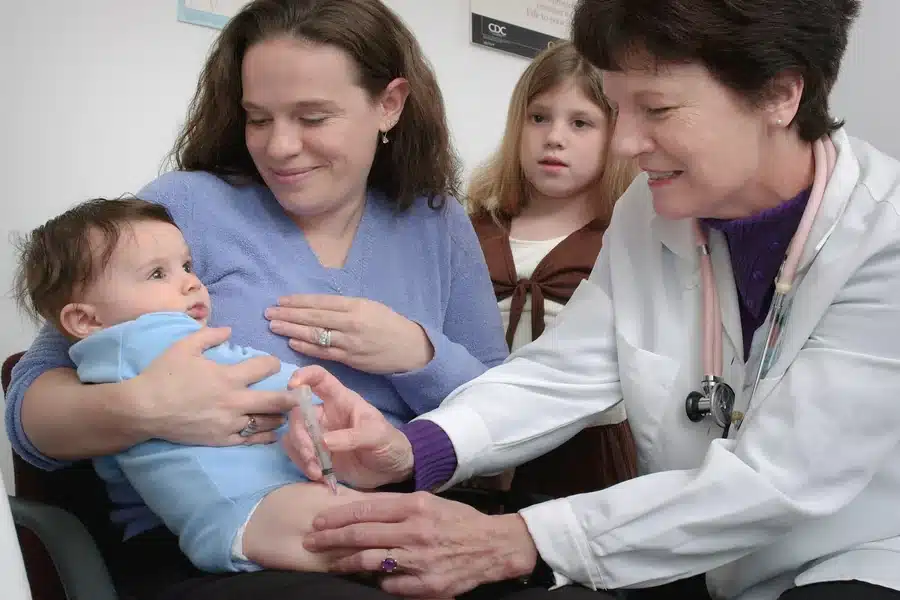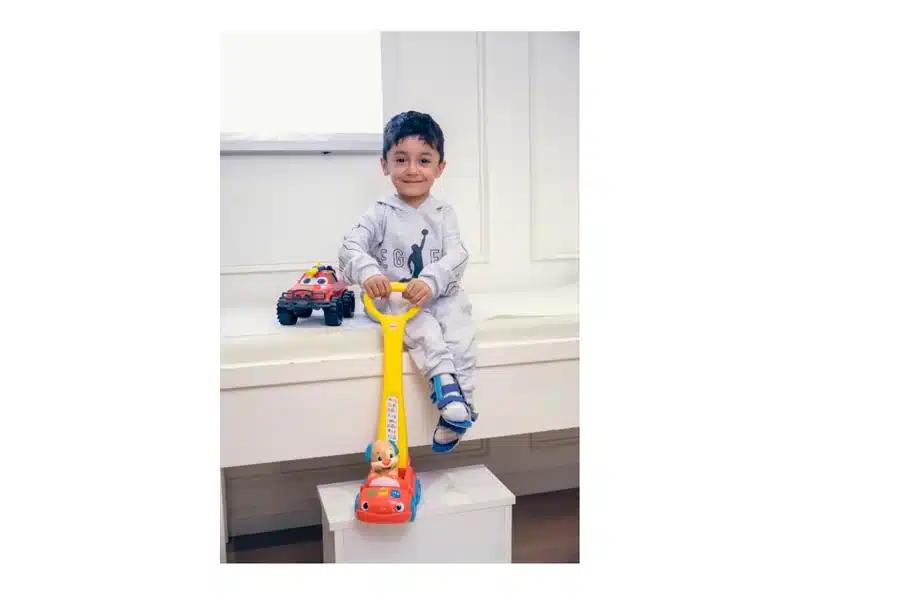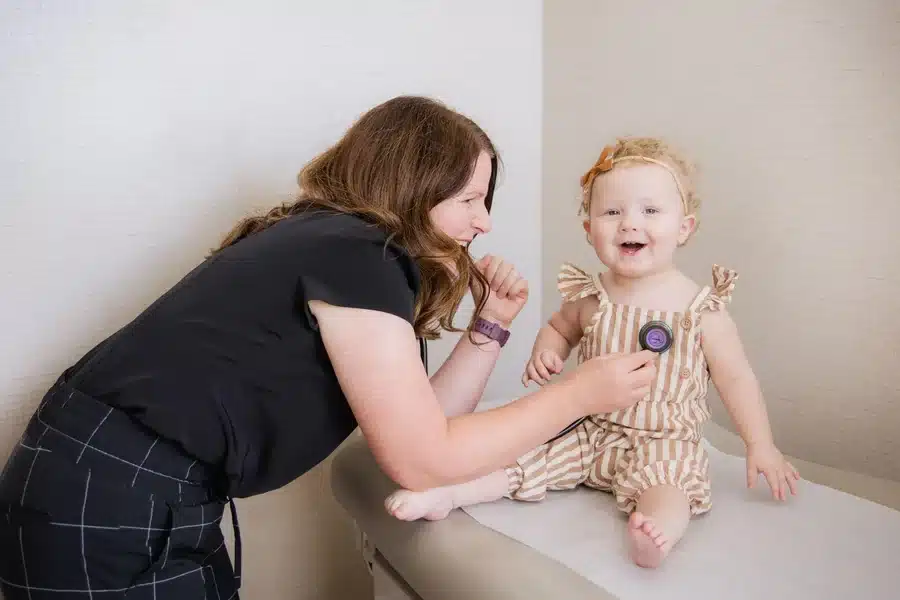Your Guide to Pediatricians in Utah: What Parents Need to Know

Choosing a pediatrician is one of the most important decisions parents in Utah can make for their child’s health. From everyday wellness checkups to managing specific conditions like asthma or allergies, pediatricians are often the first line of defense in your child’s healthcare journey. But with so many options available—especially in urban areas like Salt Lake City, Provo, and Ogden—it’s natural to have questions.
In this article, we’ll answer frequently asked questions about pediatric care, explore unique healthcare concerns for children in Utah, and offer guidance to help you find the best pediatrician for your family.
What Does a Pediatrician Do?
A pediatrician is a medical doctor who specializes in children’s physical, emotional, and behavioral health from birth through adolescence (typically up to age 18 or 21).
Key responsibilities include:
- Regular wellness checkups and vaccinations.
- Diagnosing and treating common childhood illnesses.
- Developmental milestone tracking.
- Managing chronic conditions like asthma, diabetes, and ADHD.
- Offering parental guidance on nutrition, sleep, and behavioral issues.
Common Pediatric Questions from Utah Parents
Q: How soon should I schedule my baby’s first pediatric visit?
A: Most pediatricians in Utah recommend the first newborn visit within 48–72 hours of hospital discharge. This visit checks for weight gain, jaundice, and feeding issues.
Q: How often should children see their pediatrician?
A: Here’s a common schedule:
- Infants: Several visits in the first year (newborn, 1 month, 2, 4, 6, 9, 12 months)
- Toddlers: At 15, 18, and 24 months
- After age 2: Annually, unless specific concerns arise
Q: What vaccines are required in Utah for school enrollment?
A: According to the Utah Department of Health & Human Services, the required vaccinations typically include:
- DTaP (diphtheria, tetanus, pertussis)
- Polio
- MMR (measles, mumps, rubella)
- Hepatitis A & B
- Varicella (chickenpox)
- Hib and Pneumococcal (for younger children)
Religious and medical exemptions are permitted, but strict documentation is required.
Pediatric Health Topics Unique to Utah
While children face many universal health challenges, Utah’s geography, climate, and cultural influences contribute to unique pediatric care needs.
1. High Altitude and Respiratory Issues
Utah’s elevation—especially in areas like Park City and Heber—can lead to altitude-related breathing concerns in newborns or children with asthma. Pediatricians here are well-versed in treating respiratory conditions triggered by thin air and dry climates.
2. Winter Inversions and Air Quality
In Salt Lake and Cache Valleys, winter inversions trap pollutants close to the ground. Pediatricians often see spikes in:
- Asthma attacks
- Bronchitis
- Allergic rhinitis
- They may recommend air purifiers, indoor activity modifications, or preventive inhalers during bad air days.
3. Outdoor Injuries and Skin Concerns
Utah families spend a lot of time outdoors, whether skiing, hiking, or biking. This can lead to:
- Higher rates of sports injuries.
- Sunburns and UV exposure.
- Altitude sickness in children who are new to the area.
Pediatricians often provide sports physicals and give guidance on hydration, sunscreen use, and safety gear.

How to Choose a Pediatrician in Utah
Look for:
- Board certification in pediatrics.
- Affiliations with hospitals like Primary Children’s Hospital or Intermountain Healthcare.
- Office location & hours convenient to your home or daycare.
- Pediatricians who are experienced with your child’s specific needs (e.g., special needs, food allergies, diabetes, etc.).
Use local platforms like Utah Medical Association or Google reviews to evaluate feedback from other parents.
Real-Life Scenarios Utah Pediatricians Handle Often
Scenario 1: “My child gets nosebleeds constantly in the winter.”
Utah’s dry winter air can cause nasal dryness and frequent nosebleeds. Pediatricians may recommend:
- Using
- Applying saline nasal spray.
- Increasing hydration.
Scenario 2: “We’re new to Utah, and my toddler’s eczema is flaring up.”
Altitude and low humidity can exacerbate eczema symptoms. Pediatricians may suggest:
- Short (10-20 minutes), lukewarm baths.
- Gentle, fragrance-free moisturizers.
- Prescription creams if over-the-counter options don’t work.
Scenario 3: “Should my child be screened for developmental delays?”
Yes. Utah pediatricians follow AAP guidelines for early developmental screenings at 9, 18, 24, or 30 months. They assess:
- Speech and language development.
- Social skills.
- Motor coordination.
If there are concerns, your pediatrician may refer you to specialists like a speech-language pathologist or developmental pediatrician.
Questions to Ask During Your First Pediatric Visit
- What’s your stance on vaccines?
- How do you handle after-hours or weekend concerns?
- What’s your approach to antibiotics and alternative treatments?
- How do you support children with special needs such as autism or disorders such as diabetes?
- Do you coordinate with specialists if needed?
Bringing a list of questions and your child’s medical history will help you make the most of that first visit.
Pediatric Specialists in Utah
Sometimes, your child might need a pediatric specialist. Here are some top-rated Utah facilities:
- Tanner Clinic (Davis and Weber Counties)
- Primary Children’s Hospital (Salt Lake and Utah Counties)
- Shriners Children’s (Salt Lake City)
- Intermountain Healthcare Pediatric Clinics (Salt Lake County)
- Utah Valley Pediatrics (Utah County)
These facilities offer specialists in:
- Pediatric Cardiology
- Pediatric Neurology
- Pediatric endocrinology (diabetes, growth issues)
- Pediatric Dermatology
Final Thoughts
Pediatric care in Utah is advanced, family-focused, and adaptable to the unique challenges of life in the Mountain West. Whether you live in bustling Salt Lake City or a quieter area like Logan or St. George, building a relationship with a trusted pediatrician is one of the most valuable investments you can make in your child’s health.
By understanding your child’s unique environment and working closely with a healthcare provider who truly listens, you can feel confident in every decision from birth through adolescence.

